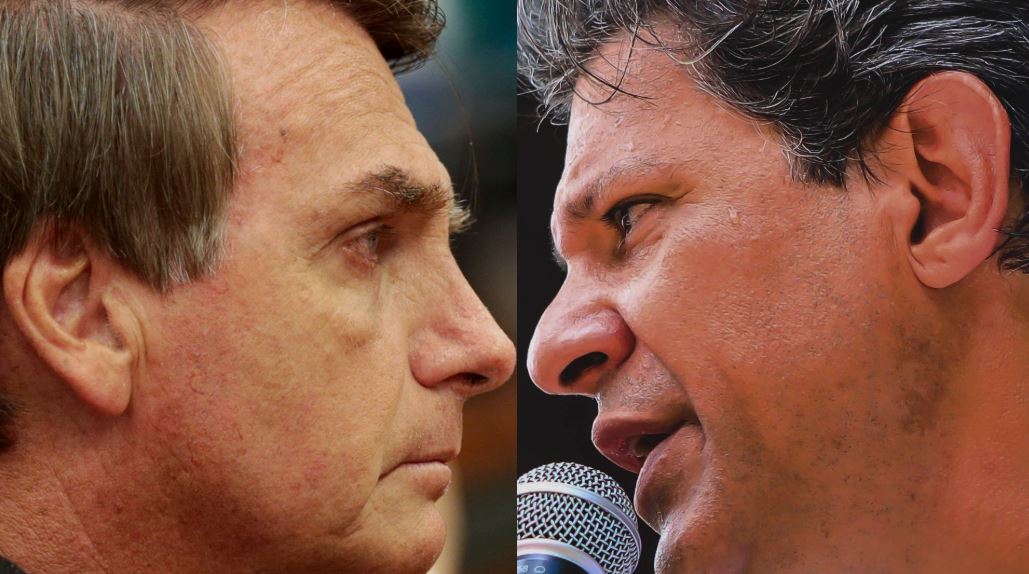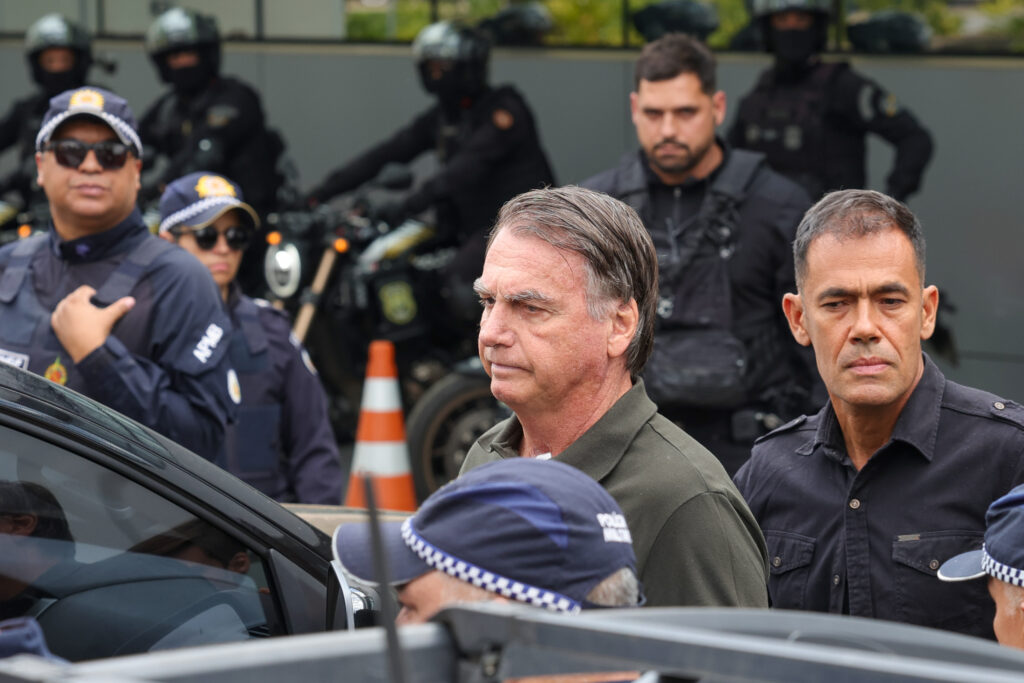Anti-PT (Workers’ Party) sentiments have been particularly prominent in Brazil since allegations of the party’s involvement in corruption scandals began to emerge during the presidency of former President Dilma Rousseff.
PT supporters argue that these feelings contributed to Rousseff’s impeachment in 2016 and have since maintained that they are also part of the reason ex-President Lula da Silva is currently in prison, despite his plans to take part in this year’s elections.
More pressing, however, is the fact that this resentment is now a large contributor to the rise in popularity of far-right candidate and current poll leader Jair Bolsonaro, who is now expected to receive 39% of votes, according to the latest surveys conducted by Datafolha.
This anti-PT sentiment is what Fluminense Federal University (UFF) political sciences professor Carlos Henrique Serra has labelled the “silent vote” or “ashamed vote” that is expected to push many Brazilians to side with Bolsonaro in the first electoral vote this Sunday.
Why “silent?”
Speaking to Brazil Reports, Serra explained how many voters overlook or choose to ignore the “dangers” Bolsonaro represents for Brazil, a country with a democracy that is barely over 30 years-old. His focus on “order,” comes with a discourse of “hatred, intolerance and defence of the country’s military dictatorship.”
This discourse has, for a long time, generated opposition and controversy in Brazil. Its perpetuation has been demonstrated through Bolsonaro’s attitudes of misogyny, racism and intolerance and has sparked protests all over the country.
Despite the vast quantities of people that gathered across the country last weekend in name of the #EleNão (#NotHim) movement against Bolsonaro, Serra believes that the protests had little effect and, if anything, worked in the candidate’s favour.
Given that demonstrators were made up of mostly middle class and politically-aware individuals, the movement was not in any way representative of the entire population, he explained. “The protests therefore did little to help the cause of left-wing candidates Haddad, Gomes and Boulos,” and instead has shaken Bolsonaro supporters into feeling a need to strengthen their support in the face of opposition.
For those unphased by his controversial opinions, Bolsonaro attracts two types of voters, Serra explained. The first, a loyal right-wing follower who is unlikely to change their vote to support another political party. This voting demographic encompasses explicitly right-wing voters with a similar hatred and intolerance of social diversity to that of Bolsonaro himself. Although these attitudes range across all the social classes, one group that is particularly supportive are entrepreneurs, interested in weakening state institutions and injecting private capital into Brazil.
“The biggest problem,” states Serra, “is that in a country like Brazil there is a profound social inequality…those who earn well, live well. Those who don’t, don’t.” In other words, a government model which revolves around privatisation will not work for the entire population.
The other voter demographic, according to Serra, are those acting on rage and anger at the Workers’ Party and everything it represents, thus casting a ‘silent vote’ for Bolsonaro, regardless of whether they agree or not with his ideologies. It is this faction which has the potential to give Bolsonaro the boost he needs to secure a victory in this Sunday’s electoral vote, Serra argues.
With the possibility of a left-wing alliance between candidates Ciro Gomes, Geraldo Alckmin and Marina da Silva dismissed, should Haddad make it through to the second vote he will have a large task on his hands, the political sciences professor pointed out.
Given his automatic disadvantage from entering the electoral race particularly late in the game, Haddad has already overcome the challenge of transferring votes from the man he is replacing, Lula. Now, he must continue to strike the balance between representing Lula’s political ideology whilst also de-constructing the anti-PT sentiment that is also his biggest threat.
The first round of electoral voting will take place this Sunday, 7 October.










